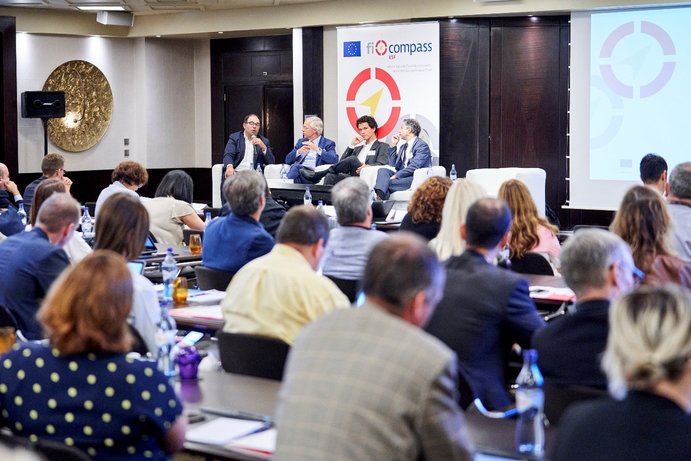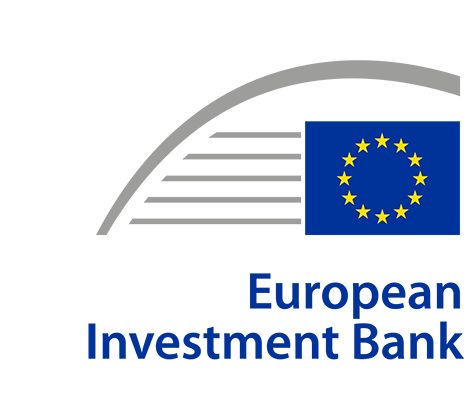Social innovation workshop held in Lisbon

Almost 100 participants took part in the fi-compass Thematic Workshop on social innovation and social entrepreneurship, which took place in Lisbon on 10 September 2019. This was the latest event under the European Social Fund (ESF) workstream of the fi-compass advisory platform.
The event gathered experts from Portugal and across Europe, letting them exchange and discuss the opportunities and challenges of setting up financial instruments aimed at delivering measurable social impacts.
The thematic workshop showcased a number of innovative experiences. The experience of the Portuguese Social Innovation Initiative has demonstrated the importance of addressing the needs of social businesses through a comprehensive approach, that combines both grant and financial instruments to support projects. Strengthening skills and building the social sector’s capacity to deliver impact will often require non-repayable assistance. However, as the sector matures, such initial financial support creates a more fertile environment for financial instruments and other innovative structures like Social Impact Bonds or Social Outcome Contracts.
Moreover, within the Portuguese initiative, which is a fi-compass case study, the financial instruments are tailored to meet different financing needs of the social sector by featuring both debt and equity products. The different products have the common feature of crowding in private resources. The debt instrument mobilises private resources by providing guarantees to financial institutions to build new portfolios of investments in social entities. The equity instrument is set up as a co-investment facility, investing in social enterprises alongside private investors.
Presentations from the Multi region assistance (MRA) project “Innovative Financial Instruments for Social Economy” (IFISE) and the Social Impact Investing Fund in Sardinia, which is entering its operating phase, highlighted other important features of financial instruments in the social sector. These included the importance of having a robust framework to measure impact and the potential to combine ESF and ERDF in a single instrument.
The event also delivered insights into what the future regulatory framework holds for investing in the social sector, particularly through the InvestEU social investment and skills window. InvestEU will make available around EUR 4 billion of budgetary guarantees to develop and consolidate the nascent market structures underlying the European social economy and the social enterprises ecosystem.

